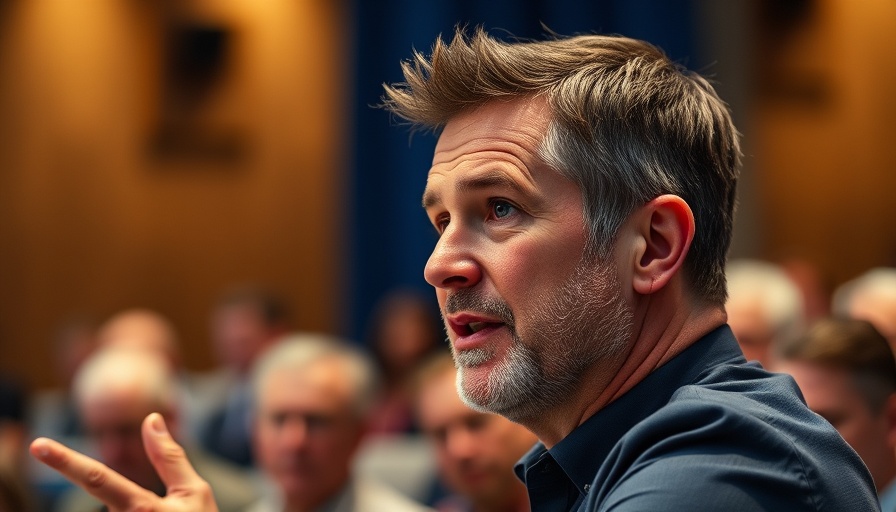
Will AI Replace Our Jobs? Understanding the Future of Work
As we delve deeper into the realm of artificial intelligence (AI) and robotics, one question looms large: will these technologies ultimately replace our jobs? The answer, as discussed by Uber founder Travis Kalanick, suggests that the relationship between humanity and technology is not so straightforward. Kalanick emphasizes that innovations should enhance people’s lives, or they risk failure.
In 'Uber Founder on AI, Risk, and Building the Future | MOONSHOTS', the discussion revolves around the implications of AI in our professional lives, sparking a deeper exploration of its potential effects on jobs and our future.
The Importance of Trust in Transformation
With every groundbreaking technology comes resistance. When attempting to implement huge shifts, like the digitization represented by Uber, Kalanick highlights the necessity of building trust with those affected by change. This trust can turn skeptics into advocates, facilitating smoother transitions and fostering cooperation.
Learning from the Journey of Disruption
What can we learn from Kalanick’s experience? In his 7-year tenure with Uber, he navigated the complexities of expanding the company to 70 countries, managing 5 billion rides, and achieving impressive financial growth. This journey exemplifies the necessity of adaptability and foresight in business, particularly in understanding the future landscape in which one operates. No single entity controls the direction of the world; innovation requires vision and strategic planning.
Encouraging Positive Change
To truly innovate, we need to ensure that advancements serve a purpose beyond profit. Creating solutions that are aligned with improving lives can inspire proactive change rather than fear. As we forge ahead into an era of rapid technological development, the emphasis must be on collaboration between humans and AI to create a more sustainable and equitable future.
Conclusion: Embrace the Future Together
The conversation around AI and automation is ongoing, and while there are risks, there are also significant opportunities for growth and improvement. Let's collectively engage in these dialogues and think about how we can be part of a future that welcomes technology with open arms, ensuring it benefits everyone.
 Add Row
Add Row  Add
Add 




Write A Comment